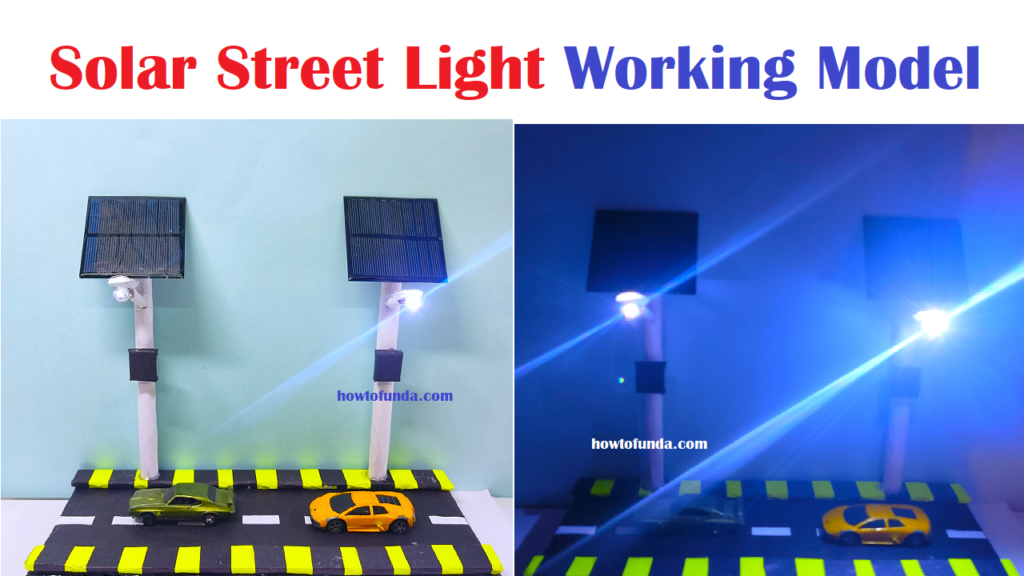
1. Question: What is the primary purpose of a solar panel?
Answer: A solar panel’s primary purpose is to convert sunlight into electricity through the photovoltaic effect.
2. Question: How do solar panels work?
Answer: Solar panels work by capturing photons from sunlight, which then generate an electric current as they strike the solar cells.
3. Question: What materials are commonly used in the construction of solar panels?
Answer: Solar panels are typically made from silicon-based materials, either monocrystalline or polycrystalline, along with metal and glass components.
4. Question: How do solar panels contribute to sustainable energy?
Answer: Solar panels contribute to sustainable energy by harnessing renewable solar power, reducing dependence on non-renewable energy sources and minimizing carbon emissions.
5. Question: Can solar panels generate electricity on cloudy days?
Answer: Yes, while their efficiency is reduced, solar panels can still generate electricity on cloudy days due to diffuse sunlight.
6. Question: What is the efficiency rate of solar panels?
Answer: The efficiency of solar panels varies, but modern panels typically have an efficiency range of 15% to 22%.
7. Question: How can the output of a solar panel be increased?
Answer: The output can be increased by optimizing the panel’s orientation towards the sun, ensuring cleanliness, and using tracking systems.

8. Question: Are there different types of solar panels?
Answer: Yes, there are different types, including monocrystalline, polycrystalline, thin-film, and hybrid solar panels.
9. Question: Can solar panels be used for residential purposes?
Answer: Absolutely, solar panels are commonly used for residential purposes to generate clean energy and reduce electricity bills.
10. Question: How do solar panels contribute to reducing carbon footprint?
Answer: Solar panels produce electricity without emitting greenhouse gases, thus helping to reduce the overall carbon footprint.
11. Question: What is the lifespan of a typical solar panel?
Answer: Solar panels typically have a lifespan of 25 to 30 years or more, with gradual degradation in efficiency over time.

12. Question: Can solar panels be used in remote areas without access to the power grid?
Answer: Yes, solar panels are an excellent solution for providing electricity in remote areas without access to the traditional power grid.
13. Question: How does the angle of sunlight impact solar panel efficiency?
Answer: Solar panels are most efficient when the sunlight strikes them at a perpendicular angle. Adjusting the panel’s tilt can optimize efficiency.
14. Question: Can excess solar energy be stored for later use?
Answer: Yes, excess solar energy can be stored in batteries or fed back into the power grid, depending on the system’s configuration.
15. Question: What is the payback period for a solar panel system?
Answer: The payback period, or the time it takes to recover the initial investment through energy savings, varies but is generally around 5 to 10 years.
16. Question: Are there any environmental impacts associated with solar panel production?
Answer: While the production process has some environmental impact, the long-term benefits of clean energy production far outweigh these initial impacts.
17. Question: Can solar panels be used for large-scale power generation?
Answer: Yes, solar panels are commonly used for large-scale power generation in solar farms, contributing to the overall energy grid.

18. Question: How do solar panels withstand extreme weather conditions?
Answer: Solar panels are designed to withstand various weather conditions, including rain, snow, and hail. They are also wind-resistant.
19. Question: Can solar panels operate during nighttime?
Answer: Solar panels cannot generate electricity during nighttime. However, battery storage systems can store excess energy for nighttime use.
20. Question: What is the role of an inverter in a solar panel system?
Answer: An inverter converts the direct current (DC) generated by solar panels into alternating current (AC), which is suitable for household or grid use.
21. Question: How do solar panels benefit the economy?
Answer: Solar panels contribute to job creation in the renewable energy sector, reduce energy costs for businesses, and stimulate economic growth.
22. Question: Can solar panels be installed on different surfaces?
Answer: Solar panels can be installed on various surfaces, including rooftops, walls, and even on the ground, as long as they receive adequate sunlight.
23. Question: Are there any advancements in solar panel technology?
Answer: Yes, ongoing research and development lead to continuous advancements, such as improved efficiency, new materials, and innovative designs.
24. Question: Can a solar panel system be expanded?
Answer: Yes, a solar panel system can be expanded by adding more panels to meet increasing energy needs.
25. Question: How can individuals contribute to the adoption of solar energy?
Answer: Individuals can contribute by installing solar panels on their properties, advocating for solar energy policies, and supporting renewable energy initiatives in their communities.

